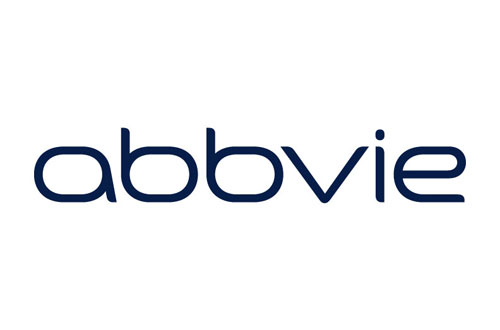
A cancer drug licensed by AbbVie in a $5.8bn deal has failed to impress at this year’s ASCO conference, sending the company’s shares into decline.
The antibody drug conjugate (ADC) rovalpituzumab tesirine (Rova-T) achieved a modest improvement in a first-in-man trial in recurrent small cell lung cancer (SCLC), a disease with a notoriously poor prognosis.
A one-month increase in median survival spooked investors, despite ASCO’s own lung cancer expert – Gregory Masters of the Thomas Jefferson University Medical School describing the study as “a good, early sign of success against a cancer for which we urgently need better therapy options”.
Rova-T was the centrepiece of AbbVie’s acquisition of Stemcentrx, which closed last week and has been seen as an important piece in the company’s attempts to build a strong oncology pipeline. Up to $4bn in milestone payments means the total value of the deal could rise to almost $10bn.
The overall response rate for Rova-T was 18% for all patients enrolled into the study, but rose to 39% amongst a subset whose tumours expressed high levels of DLL3. Moreover, in 89% of DLL3-positive tumours the growth of the cancer was halted.
Rova-T comprises an anti-DLL3 antibody linked to a cancer-killing agent called pyrrolo-benzodiazepine. Approximately two thirds of patients with SCLC have high level DLL3 on the surface of cancer cells, and the marker is thought to be absent from heathy adult tissues.
Lead investigator Charles Rudin from Memorial Sloan Kettering Cancer Centre said this is the first time that a biomarker has been able to predict whether a drug will be effective in SCLC.
Acknowledging that the results are preliminary, Rudin stressed however that “we’ve seen too few successes in recent years for SCLC”, adding that Rova-T “seems to be the first targeted therapy to show efficacy” in these patients.
The reception to the data seems to reflect the high expectations for the drug, which was being tipped as a potential $5bn product around the time that the Stemcentrx acquisition was announced.
AbbVie has made oncology a key focus for its business as it tries to reduce its reliance on top-selling immunology drug Humira (adalimumab), a $14bn product that accounts for nearly two-thirds of its turnover.
The company has been spending heavily on the acquisition of new assets, for example buying Pharmacyclics and its fast-growing blood cancer therapy Imbruvica (ibrutinib) for $21bn last year.




